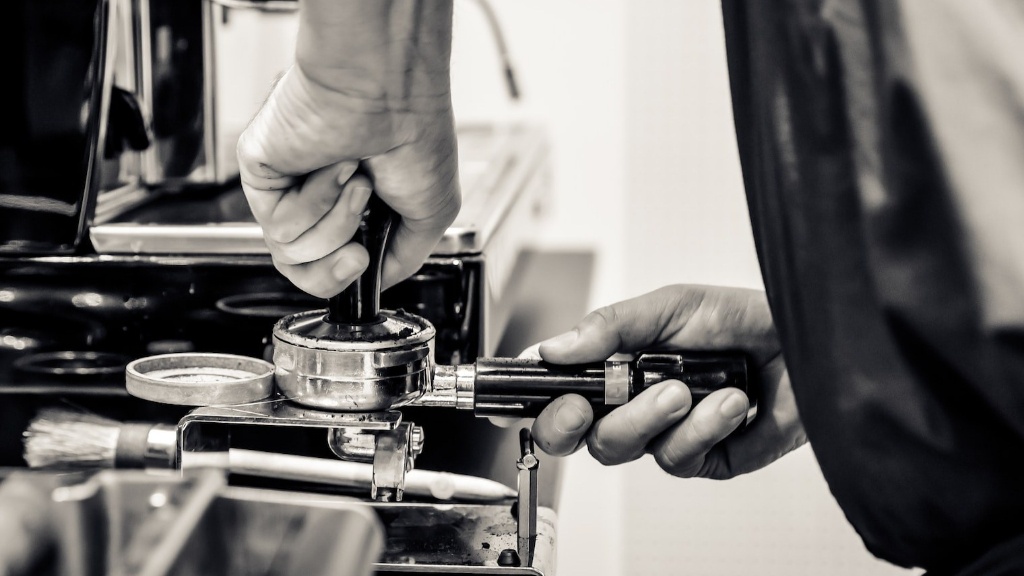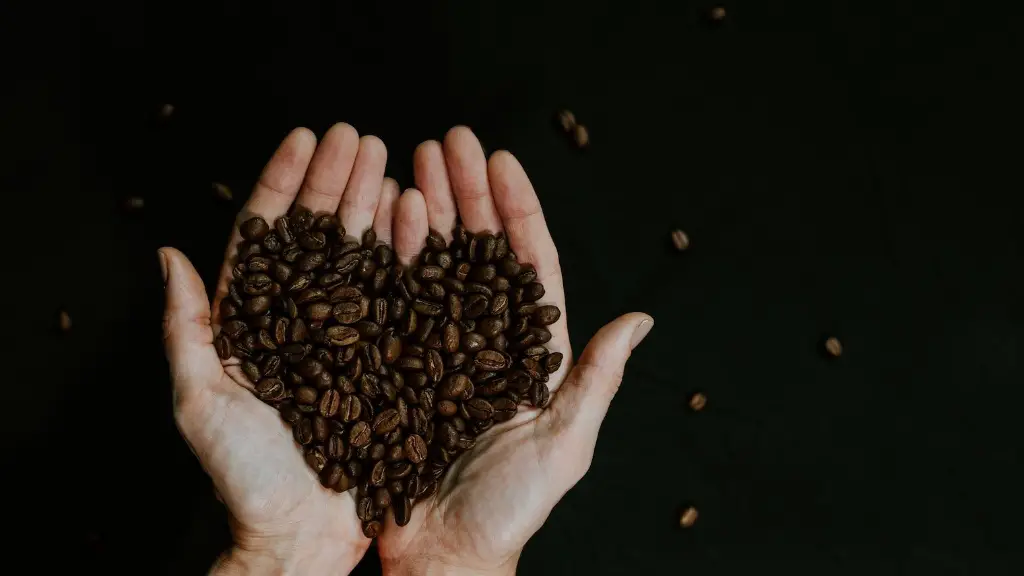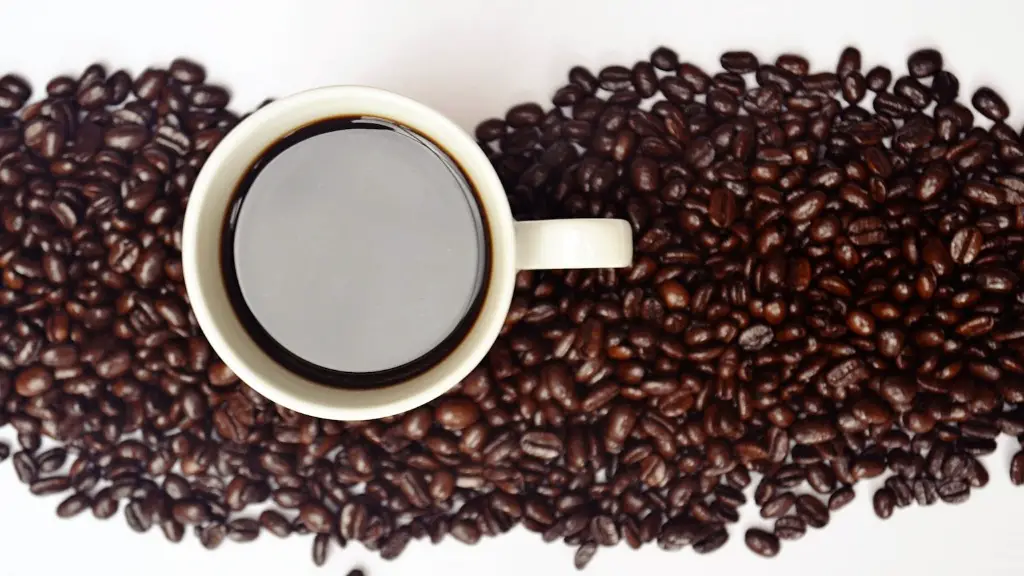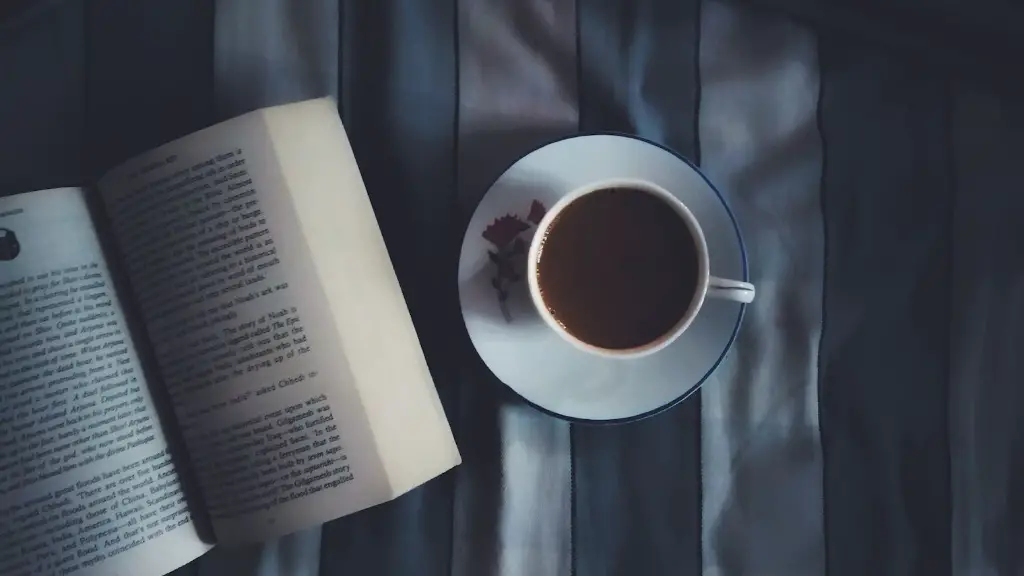Drinking coffee and trying to fall asleep later can be a nightmare. Unfortunately, many of us have experienced the frustration of not being able to fall asleep after having a cup of coffee late in the day. According to experts, it can take up to 8 hours for caffeine to leave a person’s system. So if you’ve had a cup of coffee late in the afternoon, there’s a good chance that you won’t be able to sleep until well after midnight. But there are several things that you can do to help you fall asleep after drinking coffee.
To fall asleep after drinking coffee, the first thing you should do is set a regular sleeping schedule. Going to bed and waking up at the same time every day helps your body adjust to a regular sleep pattern. This means that your body will become accustomed to the idea of going to sleep at the same time every day and you won’t be fighting against your natural circadian rhythms. Another important tip is to avoid any stimulants such as caffeine or alcohol at least six hours before bedtime. This will give your body enough time to process the stimulant and allow you to fall asleep more easily.
It’s also important to create a relaxing environment for yourself before bed. This means avoiding screens and any kind of blue light at least an hour before you want to go to sleep. Too much blue light can make it much harder for your brain to power down, so it’s best to give yourself some time to wind down. Make sure your bedroom is free of any distractions, such as a television, and make sure that it’s comfortably cool. You can also try some light stretching or meditation exercises to help you relax.
If you’re still having difficulty falling asleep even after you’ve followed all the tips above, then it might be time to talk to your doctor. They may be able to advise you on sleep medications that can help you get a good night’s rest. They may also be able to suggest lifestyle changes that can help you improve your sleep. It’s important to speak to your doctor if your inability to fall asleep is severe or intermittent.
Finally, it’s important to remember that falling asleep after drinking coffee takes patience and practice. It’s normal to have difficulty falling asleep after drinking coffee, so don’t get discouraged if it takes longer than expected. With a regular sleeping schedule, healthy lifestyle habits and patience, you can eventually master the art of sleeping well even after drinking coffee.
Relaxing Activities
In order to help you fall asleep after drinking coffee, you can try engaging in some relaxing activities just before bedtime. A few options include listening to calming music, taking a warm bath, or even reading a book. Taking part in any of these activities can help to reduce stress and anxiety, two things that can make it difficult to fall asleep. Try to stick to activities that are calming and won’t make you overly alert.
You can also make use of breathing exercises, which can help to reduce your heart rate and minimize any physical tension. Deep breathing is especially helpful, as it helps to reduce the amount of cortisol, a hormone that can make it difficult to relax and fall asleep. By engaging in these activities, you give your body and mind a chance to slow down and prepare for sleep.
Putting on some pleasant scents such as lavender or jasmine can also be a great way to help you relax before bed. The calming scents can prompt your brain to slow down and relax, allowing you to give into sleep easier. If you don’t like the idea of carrying around a diffuser with you, wearing a scented eye pillow can also do the trick.
Finally, reducing any stress and anxiety that you may have before getting into bed is also essential for helping you fall asleep after drinking coffee. This can be done through simple activities such as journalling or talking about your concerns with a friend or family member. Remember, reducing stress and anxiety can help you to fall asleep easier and stay asleep for longer.
Dietary Considerations
Along with lifestyle and relaxing activities, you should also pay careful attention to what you eat and drink throughout the day. You may also want to avoid any foods that can potentially cause an energy spike and make it more difficult to fall asleep. This usually means avoiding sugar and high levels of caffeine. As much as possible, focus on light snacks, fruits and vegetables, and keep your meals high in protein and complex carbohydrates.
It’s also important to stay hydrated throughout the day, as dehydration can affect your body’s ability to regulate its temperature. The best way to stay hydrated is to keep water or other sugar-free drinks with you at all times. If you’re feeling especially thirsty, make sure that you drink plenty of fluids before bedtime.
Some other foods that can help you fall asleep after drinking coffee include those that are high in tryptophan, such as eggs, which helps to relax your mind and body. Milk, cheese and yogurt can also assist in giving your body the extra energy it needs to stay asleep. Nuts and seeds are also a great way to get some essential vitamins and minerals that can help your body stay healthy and balanced.
Alternatives To Coffee
If you find that your late-day caffeine habit is preventing you from falling asleep, then you may want to consider some alternative beverages. Teas such as chamomile, lavender, oatstraw, lemon balm and valerian root are all good options to consider. Ginseng tea can also be beneficial, as it can reduce stress and promote relaxation, which can help you fall asleep.
Some other beverages to try include ginger tea and passionflower tea, both of which have natural sedative effects that can help you relax and fall asleep. If you prefer something warm, you can also try a glass of warm milk or a mug of warm water with honey and a pinch of nutmeg.
Herbal tonics can also be beneficial when it comes to helping you fall asleep after drinking coffee. Tonics, especially those that contain adaptogenic herbs like ashwagandha, can help to reduce stress and anxiety and provide you with the energy to stay relaxed and fall asleep.
Finally, you can also try other foods and supplements that can help you fall asleep. Magnesium supplements, for example, can help relax your body and make it easier for you to drift off to sleep. Tart cherry juice and bananas are also great options to consider as they contain naturally occurring melatonin, which can help you feel more sleepy.
Sleep Hygiene Practices
Improving your sleep hygiene is also an important step in helping you fall asleep after drinking coffee. One way to do this is to avoid using electronics such as laptops, tablets, and phones in bed, as these can cause your brain to stay too stimulated and make it difficult to fall asleep. Instead, focus on activities that relax your body and mind, such as listening to a podcast or reading a book.
Unplugging from electronics an hour before bed can also be beneficial. This will give your brain a chance to turn off and wind down so that you’re more likely to fall asleep once your head hits the pillow. Avoiding caffeine in the evening will also help, as it can make it difficult to fall asleep even hours later. Finally, make sure to stick to a regular sleep schedule and give yourself plenty of time to wind down each night before bed.
Lastly, if you find yourself staying awake for hours after drinking coffee, try to focus on the positives. Use this time to do something that you enjoy, such as writing in a journal, listening to a podcast, or reading a book. Whatever you do, just remember that eventually you will fall asleep and your body will get the rest it needs.
Lighting and Temperature
Getting the lighting and temperature right in your bedroom is also important for helping you fall asleep after drinking coffee. Most experts agree that a slightly cooler temperature can help make falling asleep easier, so try setting your thermostat a few degrees lower than normal. It’s also important to make sure that the room is completely dark and keep any nightlights away from the bed, as this can make it difficult to stay asleep.
You can also make use of blackout curtains or an eye mask to help make the room as dark as possible. As an added bonus, they can also help to block out any noise that might be keeping you awake. Lastly, if you have any electronics in the bedroom, make sure they are not too close to the bed, as they can create a lot of blue light that can interfere with your sleep.
Dealing With Stress
If you’re still having difficulty getting to sleep after drinking coffee, then you may need to tackle the underlying cause of your insomnia. Stress can be one of the main culprits, as it can keep your mind running in circles and make it difficult to relax and fall asleep. To reduce any stress or anxiety, make sure to take some time out of your day for relaxation and self-care. You can even make use of calming activities such as deep breathing or progressive muscle relaxation to help your body relax and make it easier to drift off to sleep.
You can also try engaging in some calming hobbies such as writing, painting, or gardening. Learning how to meditate can also be beneficial, as it can help to reduce your stress levels and give your brain a chance to reset and power down. Finally, if your stress is more severe or persistent, you can also look into therapy or talk to a mental health professional who can help you get to the root of the issue and develop a plan to improve your sleep.





